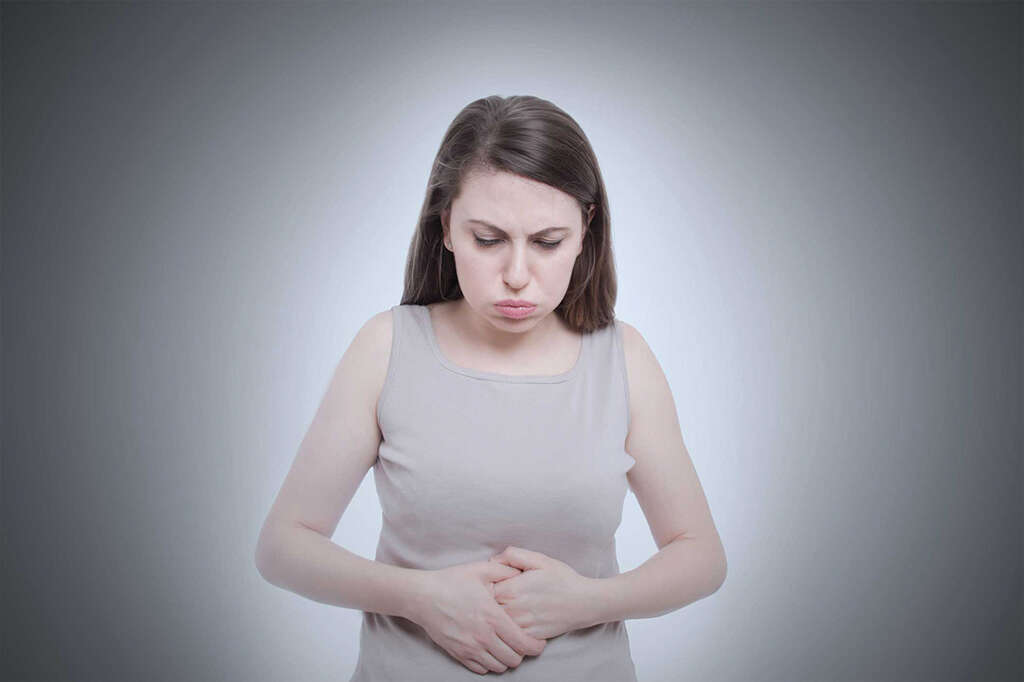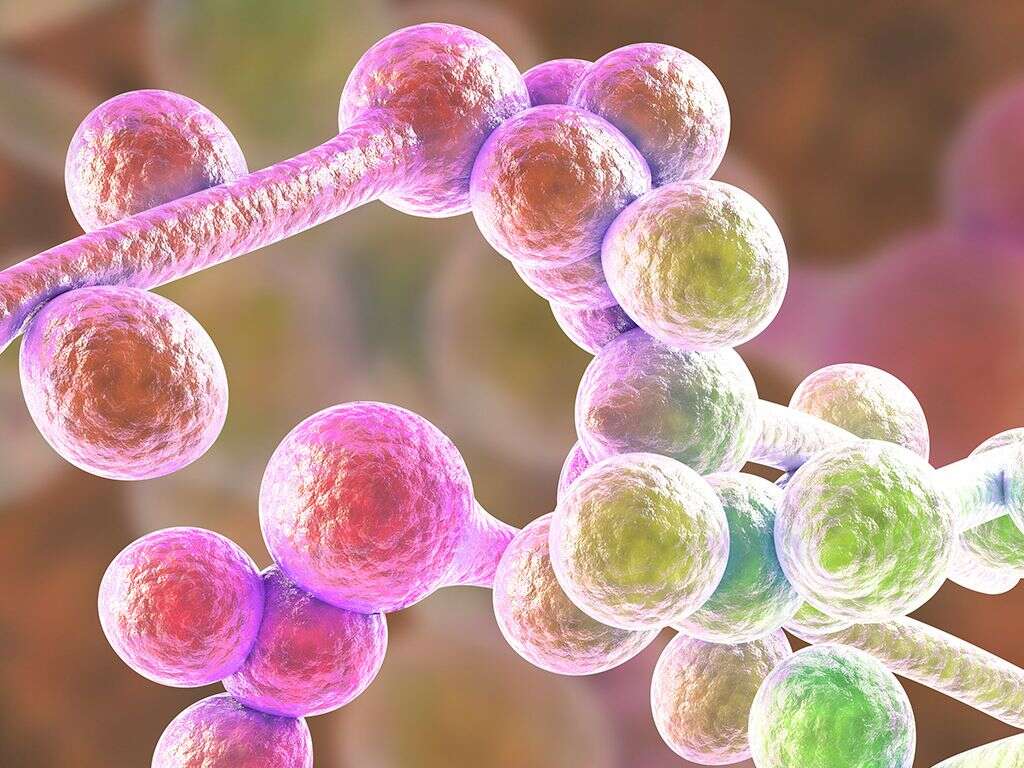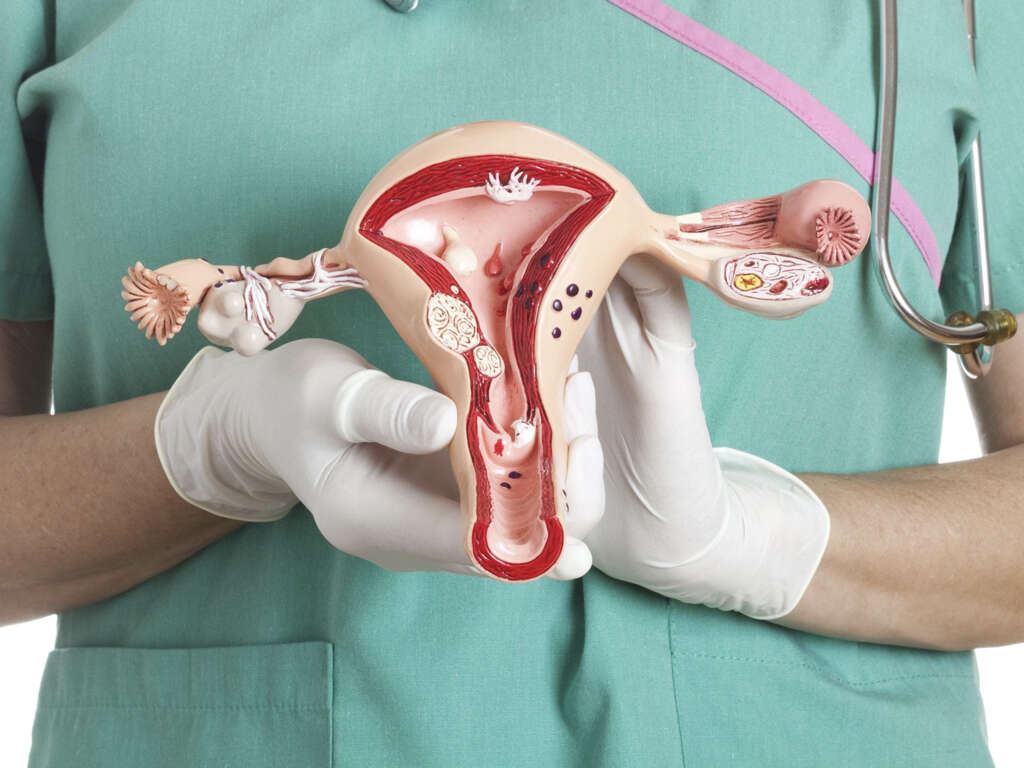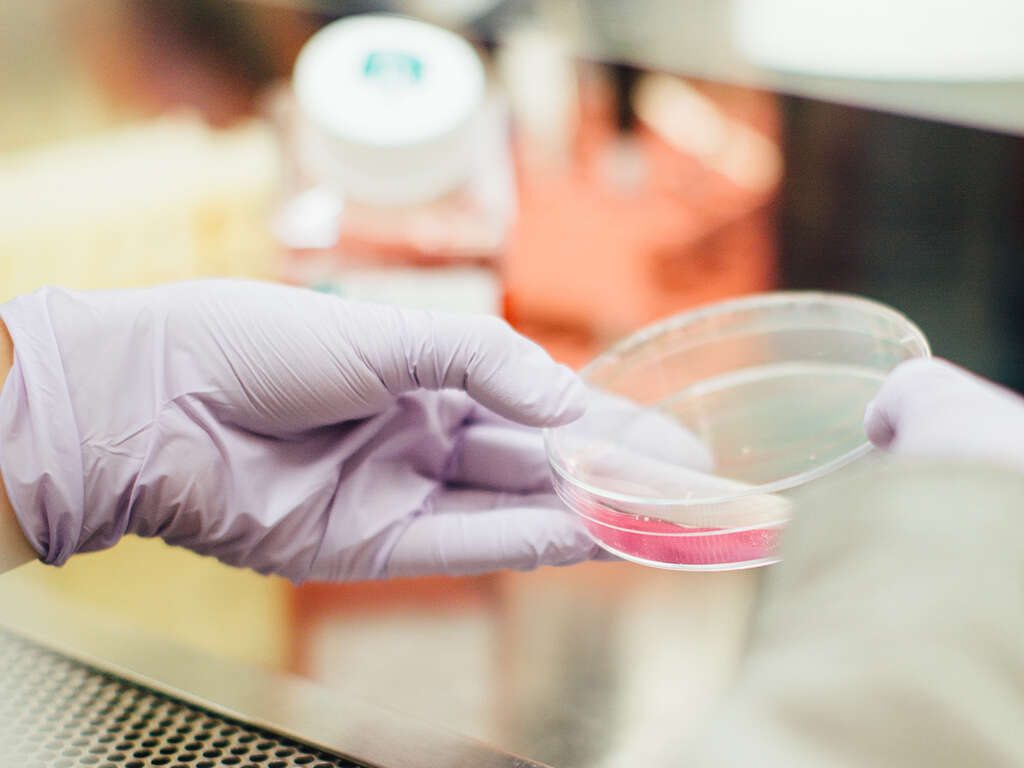10 Ovarian Cyst Symptoms
Ovarian cysts are fluid-filled sacs which develop in the ovaries. They are a common problem that many women face during their reproductive age. In general, these cysts are pain-free and cause no problems at all. However, they may lead to various signs and symptoms.
There are various types of ovarian cysts, functional cysts being the most common ones. Corpus luteum cysts and follicle cysts are the two most common types of functional cysts. Other types of ovarian cysts are endometrioma cysts, dermoid cysts, cystadenomas, etc.
As mentioned, ovarian cysts can be asymptomatic and for this reason, they are not diagnosed. When signs and symptoms appear, ovarian cysts are diagnosed based on physical examination, abdominal and pelvic ultrasound, CA125 test, CT-scan, MRI-scan.
Ovarian cyst treatment will depend on the size, type, appearance of the cyst in the ultrasound, as well as patient age and presence of signs and symptoms. Small cysts which are asymptomatic are observed as they tend to resolve on their own within a couple of months. In cases of large and symptomatic ovarian cysts, surgical removal is recommended.
What are the ovarian cyst symptoms? Let’s have a look!
Symptom #1: Pelvic Pain
Pelvic pain is the most common symptom of ovarian cysts. In the beginning, a sensation of fullness in the pelvis is common, but as the condition progresses or as the cyst continues to grow, this sensation of fullness turns into pelvic discomfort and pain, often severe.
The pain is often dull or sharp felt just next to the area where the cyst is located. Immediate and sharp pelvic pain is also possible, especially in cases when these cysts rupture spontaneously. Seek immediate medical help and based on the severity of your condition, various treatment options are available. Pelvic pain is usually unilateral on the side where the ovarian cyst is located.
Symptom #2: Abdominal Bloating
Abdominal bloating is perhaps one of the most common symptoms that women with ovarian cysts deal with. Besides a feeling of fullness in the abdomen, certain swelling, pain, and discomfort are also frequently reported. However, this pain and discomfort is not felt only in the abdomen but also in the pelvis.
If you notice any abdominal discomfort, pain, and bloating you should seek professional medical help and get the right diagnosis. Maybe the cause of your problem is an ovarian cyst.

Symptom #3: Thigh and Lower Back Pain
Some women also report thigh and lower back pain as the pain and discomfort tends to radiate to these nearby areas. This radiating pain which spreads from the pelvic area is not consistent though. However, you should pay close attention to the symptoms you are experiencing.
If everything seems strange and you don’t feel well, then it’s time for you to visit your gynecologist. If it is not a gynecological problem like ovarian cysts, then perhaps it’s another problem regarding your back, like a herniated disc, etc.
Symptom #4: Frequent Need to Urinate
In cases of ovarian cysts, urinary tract problems are common, especially a frequent need to urinate. Besides urinary frequency, women also report painful urination and even a sensation of not emptying the bladder completely. Urinary problems occur because the ovaries are close to the bladder.
In cases of large ovarian cysts, the cyst itself will press the bladder leading to urinary problems.

Symptom #5: Painful Bowel Movements
Another common symptom of ovarian cysts are bowel movement problems. In general, bowel movements become quite painful and often there is also a frequent need to pass stool.
Bowel problems occur because the ovaries are very close to the bowels. Any growth in the ovaries, including an ovarian cyst, will press against the bowels leading to bowel movement problems. In cases of large ovarian cysts, the normal muscle contraction and relaxation process during a bowel movement can be affected. This can lead to an incomplete emptying of the bowel as well as problems mentioned above.
Symptom #6: Painful Sexual Intercourse
Painful sexual intercourse is another problem that many women suffering from ovarian cysts deal with. Otherwise, this problem known as dyspareunia can occur during sexual intercourse itself or immediately after having sex. Often, painful sexual intercourse leads to relationship problems as partners often don’t understand the pain and discomfort that their partner is undergoing.
Normally, when sex is painful and does not bring any joy, many women may try to avoid it altogether. However, this often makes relationships suffer. In cases when sex becomes painful you should seek professional medical help as something serious is probably causing it.

Symptom #7: Breast Tenderness
Breast tenderness is another symptom often present in cases of ovarian cysts. As ovarian cysts interfere with the normal functioning of the ovaries, it is possible to lead to excessive hormone production which will lead to breast tenderness and the presence of other signs and symptoms similar to those of pregnancy.
However, breast tenderness is common with each menstrual cycle and pregnancy. Visit your gynecologist if you are not pregnant and experiencing breast tenderness in addition to other signs and symptoms mentioned in this article.
Symptom #8: Nausea and Vomiting
As mentioned, because of an abnormal hormonal production, various pregnancy signs and symptoms are possible, including nausea and vomiting. Even though nothing else is wrong with your body you can constantly have this feeling of nausea and even vomit from time to time. The first thing that many women think of when they suddenly out of nowhere start feeling nauseous, tired and not well is pregnancy.
However, after the pregnancy tests result negative, one of the things you should think of is an ovarian cyst, especially when these symptoms are also accompanied by abdominal and pelvic pain and discomfort, irregular menstrual periods, breast tenderness, lower back pain and even thigh pain, etc.

Symptom #9: Irregular Menstrual Periods
When it comes to menstrual periods, every woman knows what is normal and what is abnormal for them. In cases when you suddenly start experiencing irregular menstrual periods without a reason, then an ovarian cyst might be the one causing this problem.
You should be very observant and pay close attention to your menstrual cycle and menstrual periods in general, as the periods can become lighter, heavier, or even painful as well. Any change in your menstrual cycle should be a concern which requires proper medical evaluation.
Another problem with ovarian cysts is the fact that they make conceiving harder, even though they don’t interfere with fertility. Because of irregular menstrual periods and hormonal changes, many women suffering from ovarian cysts have a hard time conceiving.
Symptom #10: Fever, Dizziness, Faintness and Rapid Breathing
As the condition progress and your situation gets worse and especially in cases of large ovarian cysts or ovarian cysts that rupture spontaneously, fever, dizziness, faintness, rapid breathing and other symptoms are possible. Loss of appetite is also common due to the general ill feeling because of the sensation of fullness and abdominal discomfort. Because of appetite loss, rapid weight loss is also possible.
As these symptoms signify ovarian cyst rupture or ovarian cyst torsion you should seek immediate medical help. If not treated on time, both these situations can lead to serious complications.











